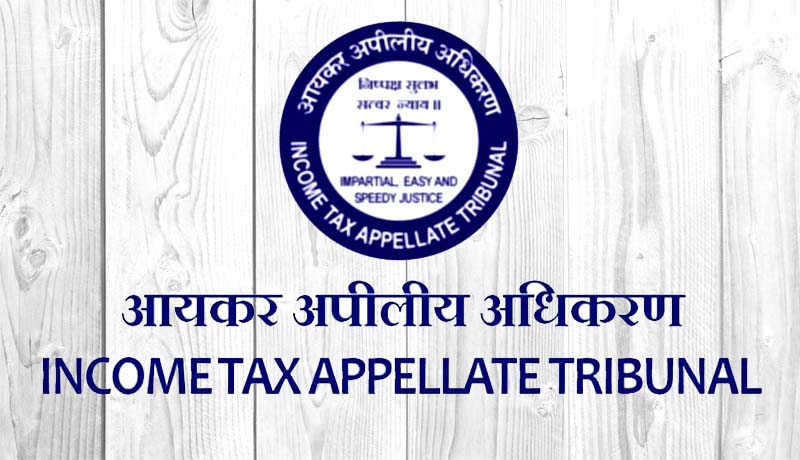ITAT declares tax exemption available for capital gains even if loan used for a new house.
By Abhay Shah, Realty Quarter

Recently, the Mumbai Bench Income Tax Appellate Tribunal’s (ITAT) held that the investment-linked capital gains tax exemption available on the purchase of a new house cannot be refused simply because the taxpayer used a home loan instead of his old house’s sale proceeds.
Under the Income Tax (I-T) Act, capital gains are taxable. If a taxpayer produces a profit when selling a housing property (which has been kept for at least two years), that profit is regarded as a long-term capital gain (LTCG). This profit is taxable at 20% with an inflation adjustment called an indexation benefit.
Section 54 of the I-T Act provides for exemption from tax on investment-related capital gains. If an investment is made within the specified time period in another house in India, then the ‘new house cost’ is deducted and only the LTCG’s balance component is taxable. This deduction leads to a lower I-T outgo. If the capital gain amount is equivalent to or less than the new house’s price, the full LTCG sum is not taxable.
The new house must be bought either within one year from the date of sale of the old flat or within two years from that date. This tax benefit is also available if a new residential house is built by the taxpayer within three years after the sale date of the old house.
In the case taken by the ITAT on August 2, Manish Sinha, the taxpayer, requested an exemption from capital gains tax under section 54 resulting from his old house being sold. He used a home loan of Rs. 40 lakh taken from HDFC Bank instead of using the sale proceeds aggregating to Rs. 55 lakh for investing in the new house.
The tax tribunal noted that the only requirement that the taxpayer is eligible for exemption under section 54 is to purchase or build the new house within the prescribed time. Sinha had fulfilled that condition.
Gautam Nayak, a tax consultant at CNK & Associates, a chartered accountant company, claims: “There is no identification of funds needed for exemption claims. Section 54 recognizes the fungibility of funds. In addition, it even allows the acquisition of a new housing property up to one year before the sale of the old residential apartment, where the same sales money could clearly not have been used.”
Thus, just because the taxpayer had taken benefit of the bank’s housing loan, his claim for exemption under section 54 cannot be rejected, kept the ITAT, which also depended on previous court decisions.



















































































